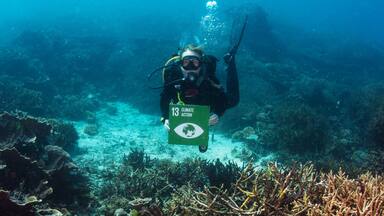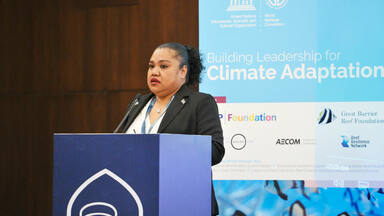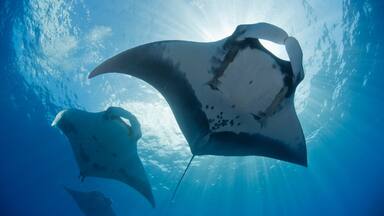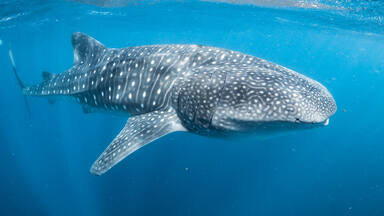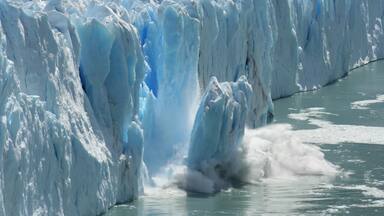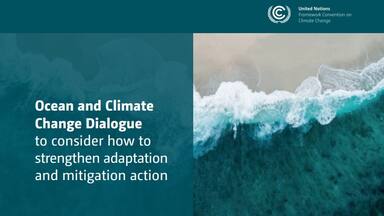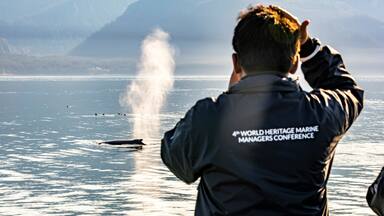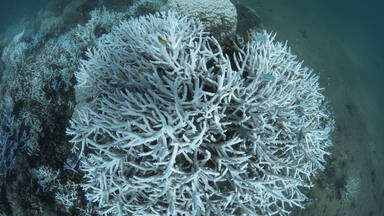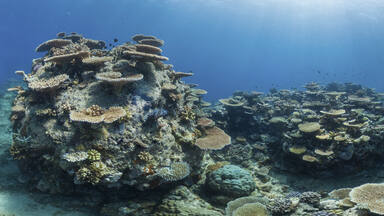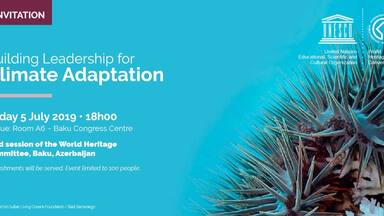Public-private consortium pioneers global leadership in climate adaptation across UNESCO World Heritage sites
For the first time, UNESCO World Heritage coral reef managers will partner with global climate resilience experts and local community stakeholders to build and embed comprehensive resilience strategies into their management of World Heritage sites.
The project builds on the capacity of reef managers to work locally and enables a global network of flagship protected area managers to create innovative approaches that can help fast track resilience of coral reefs in hot spots around the globe. The new initiative was announced today as part of the high-level commitments at Our Ocean Conference in Bali, Indonesia.
The UNESCO World Heritage List includes 29 coral reef systems that are of outstanding value to humanity. But soaring ocean temperatures over the past three years has caused some of the worst bleaching ever observed. The third global gathering of marine World Heritage managers in 2016 revealed that none of these iconic ocean places are adequately equipped to understand climate trends or had a climate adaptation strategy in place.
While limiting earth temperatures to 1.5°C above pre-industrial levels consistent with the United Nations Framework Convention on Climate Change (UNFCCC) Paris Agreement is critical for the future survival of World Heritage Listed coral reefs, at the local level sites need to focus on building resilience to give them the best chance to adapt to a changing climate, says Mechtild Rössler, Director of UNESCO’s World Heritage Centre. Ms Rössler also referred to the recent decision by the World Heritage Committee that requested all States Parties to strengthen all efforts to build resilience of World Heritage properties to climate change
The four-year USD$9 million project will build climate resilience leadership in an initial five of the world’s most treasured coral reefs and their communities, including Rock Islands Southern Lagoon (Palau), Lagoons of New Caledonia (France), Belize Barrier Reef Reserve System (Belize), Ningaloo Coast and the Great Barrier Reef (Australia).
The initiative is led by an international consortium of partners, including UNESCO World Heritage Centre, Columbia University’s Resilience Accelerator program (with funding support by The Rockefeller Foundation), BHP Foundation, the Nature Conservancy’s Reef Resilience Network, the Great Barrier Reef Foundation and the global consultancy in environmental engineering, AECOM.

